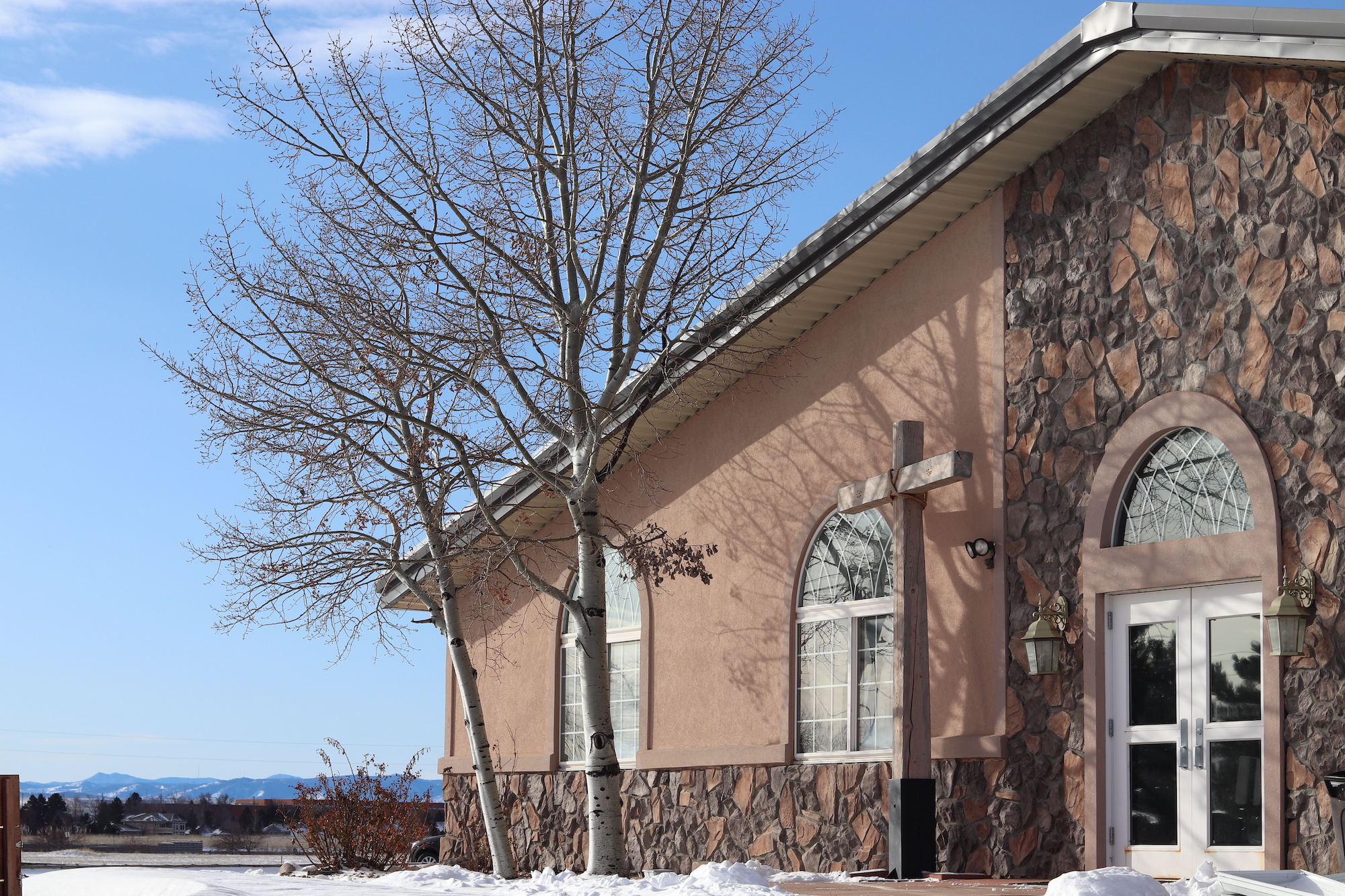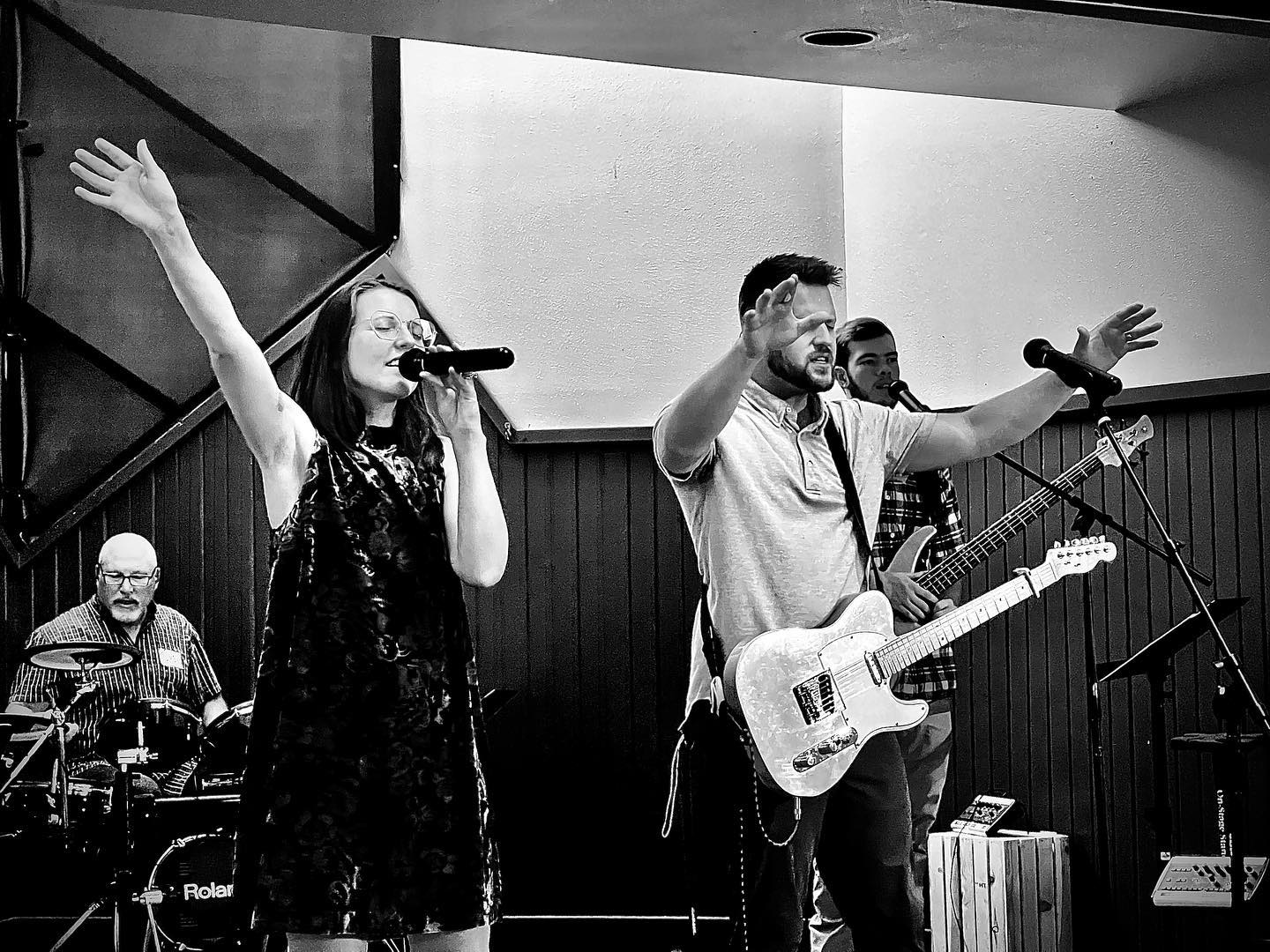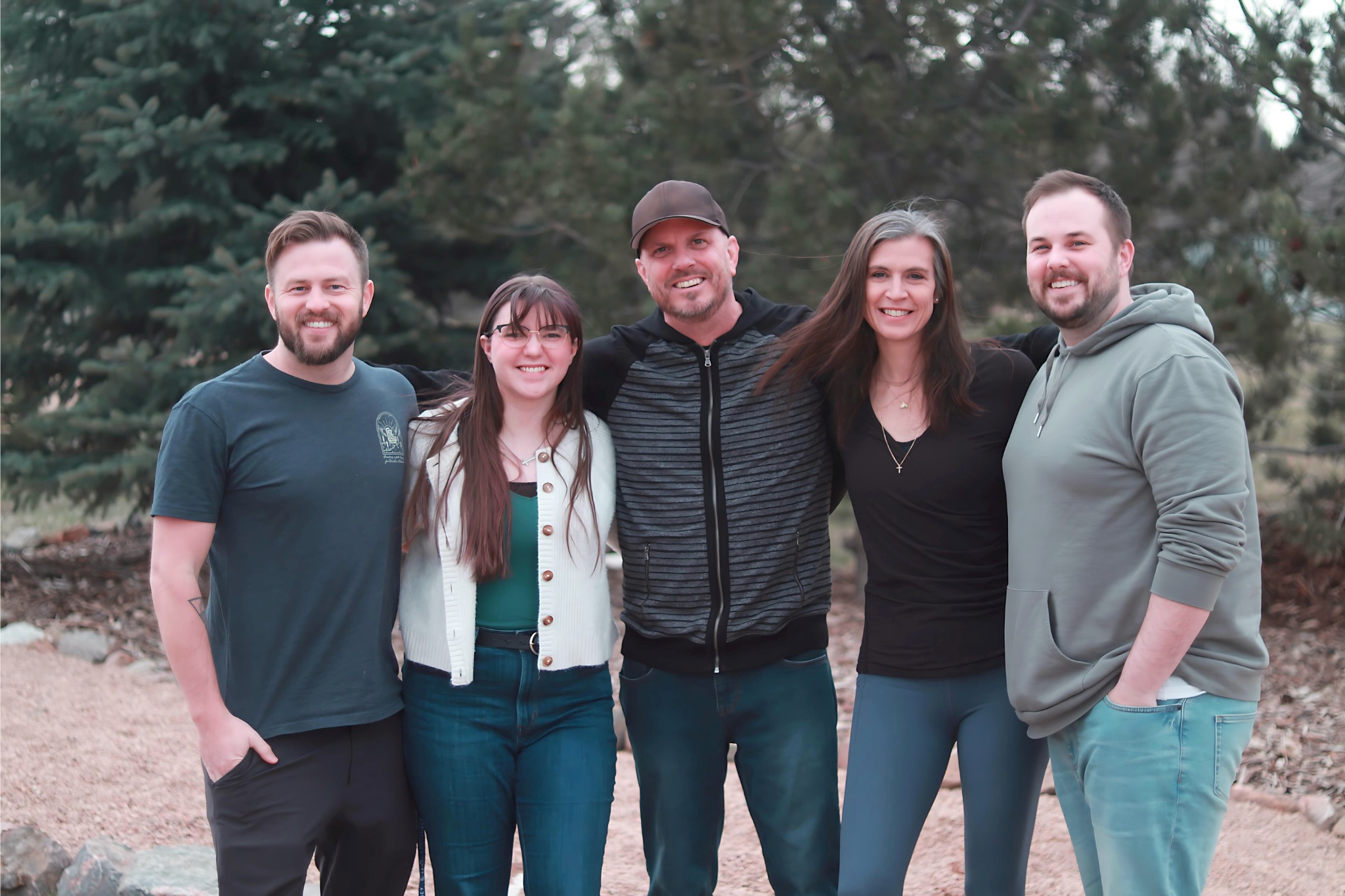Who We Are
Legacy Church cares about one thing more than anything else, Jesus Christ. We are a church that loves people, cares about our city, and strives to build real authentic relationships.
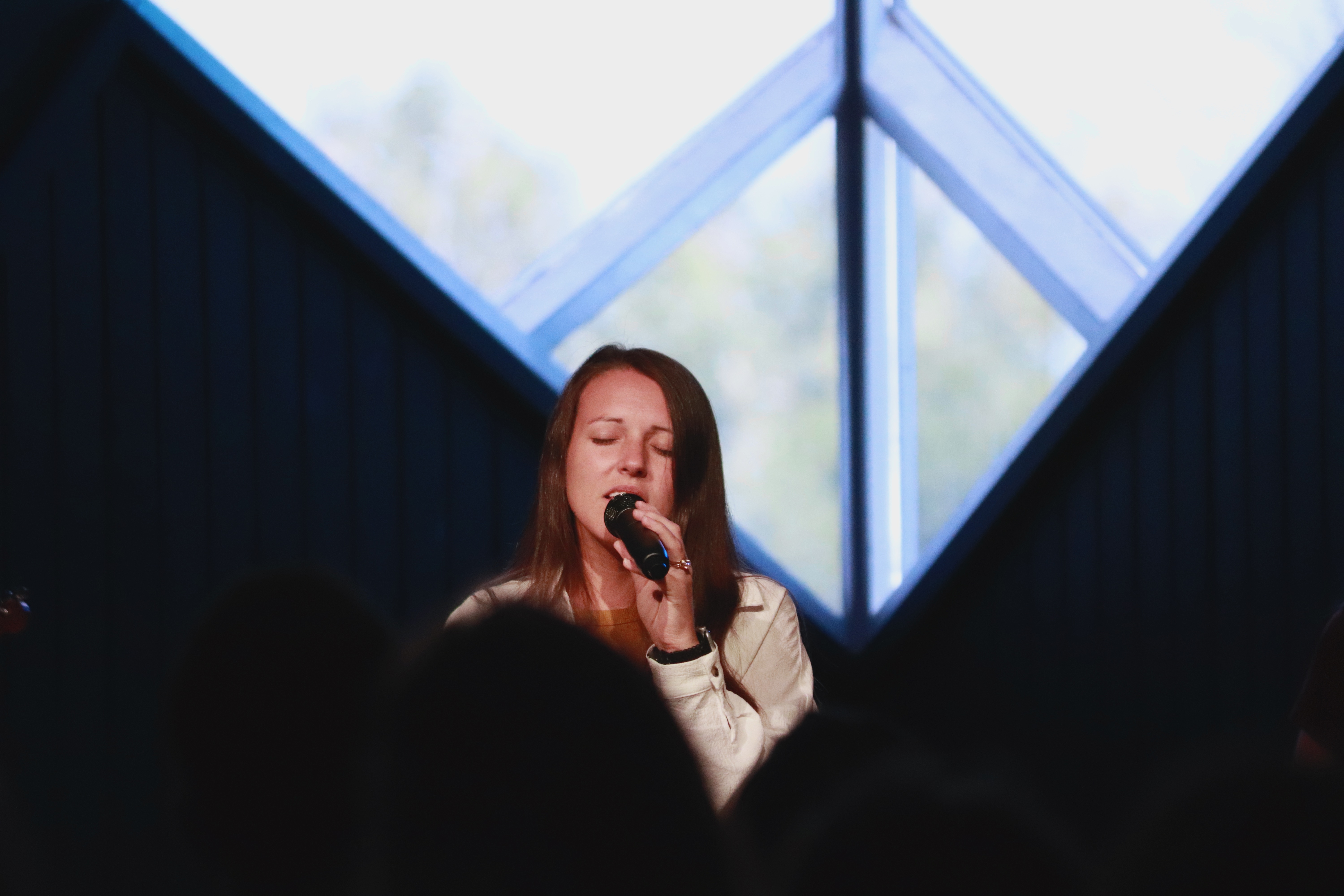
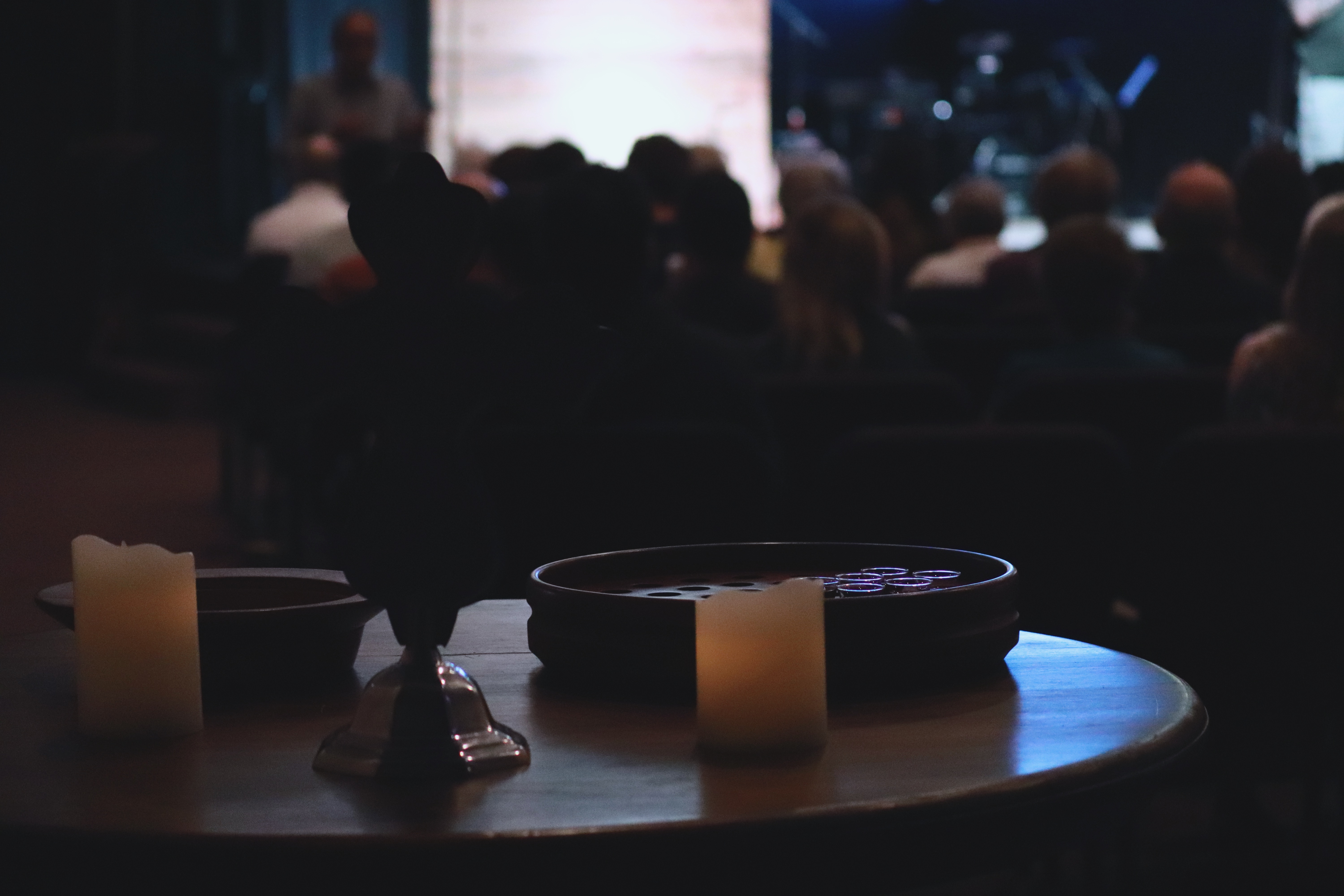
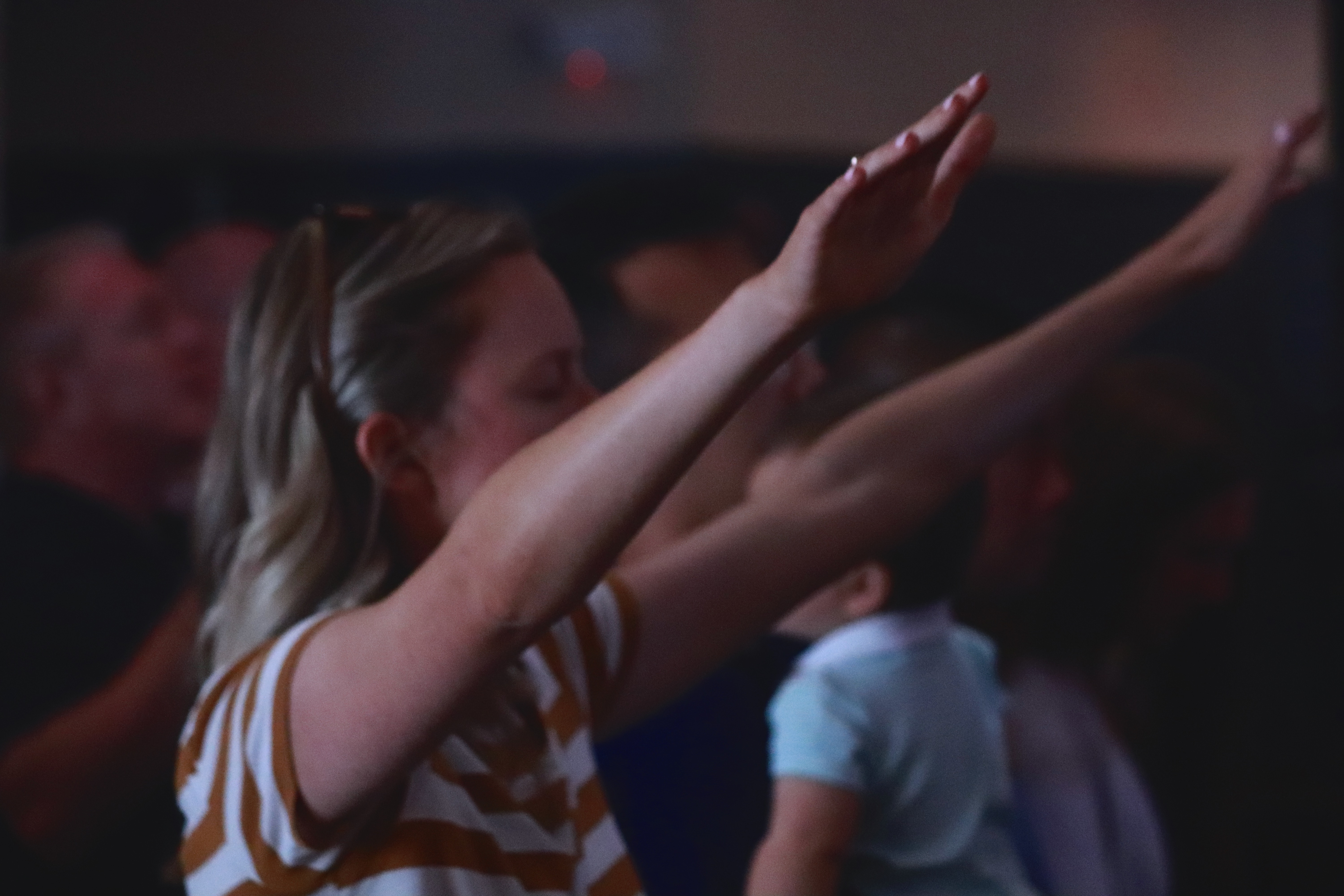
Our Vision & Mission
Vision: We exist to create and leave a faith legacy for Boulder County (and the surrounding area), for generations to come.
Mission: We do this by helping every person take their next step with Jesus.
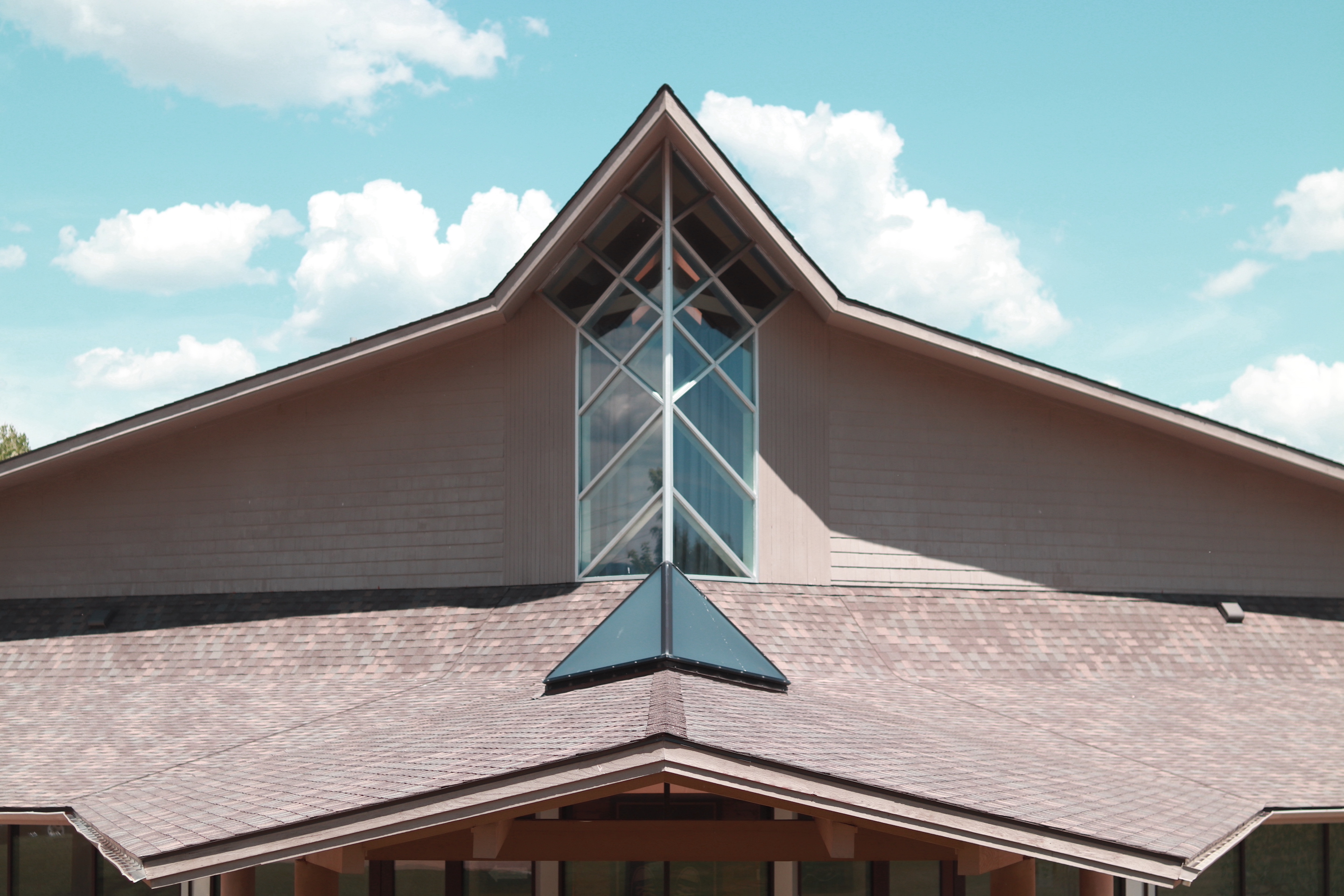
Our Story
In 2022, two churches came together to form one new church. We have a unique 150 year legacy that we seek to build on and pass on to the next generation, which is why we’re called “Legacy Church.” Keep reading below to learn more about where we came from.
Boulder Valley Church of Christ
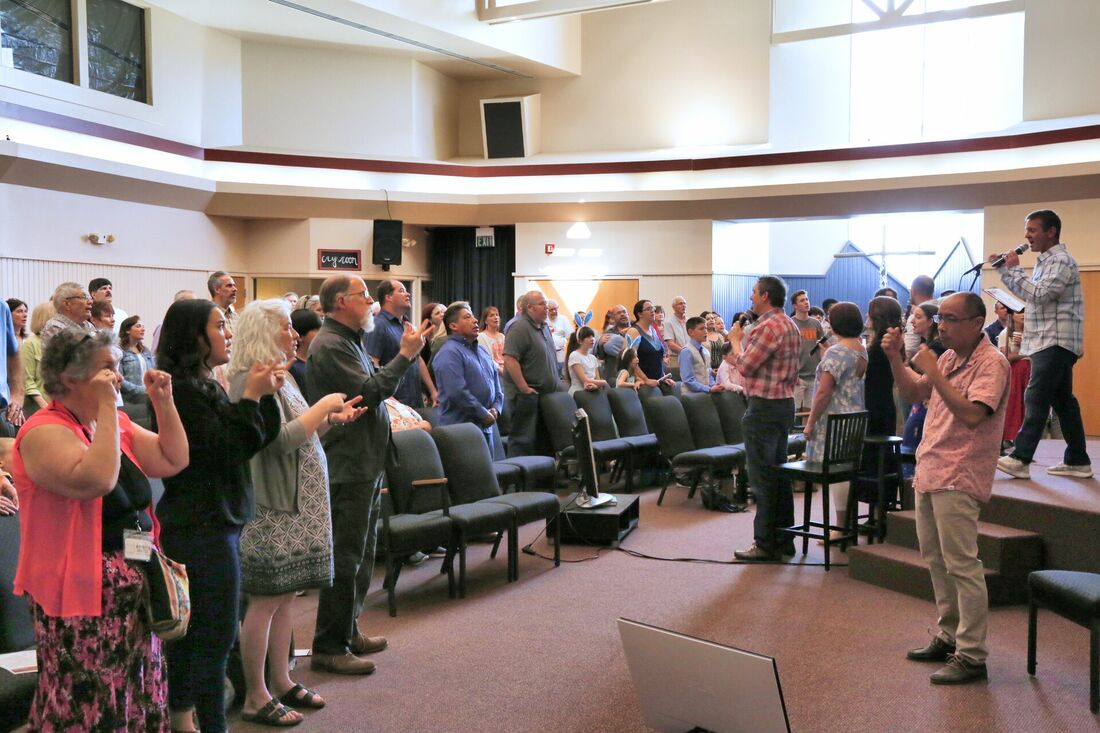
Early Beginnings in Boulder (1875-1904)
Boulder Valley Church of Christ was established in 1875, the year before Colorado achieved statehood, when a small group of Christians began meeting in homes. By 1876, the congregation had grown to about 86 members and was meeting in Union Hall on Pearl Street. For the next decade, the church gathered in various rented locations until purchasing its first building at 15th and Walnut Street in 1886.
In 1896, a new structure was built at the same location, costing $10,000–a significant investment at the time. By 1904, the church was thriving, with a tent meeting on Arapahoe Road attracting over 600 people.
A Divided Congregation (1904-1920s)
At the beginning of the 20th century, the Boulder church experienced a division over two issues: the use of instrumental music in worship services and the support of missionary societies. This split resulted in the formation of two separate congregations. One group adopted the name "Christian Church" and continued using the building at 15th and Walnut (removing "Church of Christ" from the cornerstone and replacing it with "Christian Church" during a 1919 remodeling). The other congregation maintained the name "Church of Christ" and began meeting in alternative locations.
The Church of Christ congregation initially gathered in a tent building at 17th and Arapahoe. In 1908, evangelists E.C. Fuqua and Bruce McCollum arrived in Boulder and held several meetings at various schools in the area. Converts were baptized in a lake three miles east on Baseline Road. A heavy snow in spring 1913 destroyed the tent house, prompting a move to a small building on East Spruce, where they met until 1921. From 1921 until 1953, the congregation gathered in a building at 13th and High Street (now the site of Sacred Heart Catholic School).
Growth and Development (1953-1992)
In 1953, the congregation constructed a new building at 3198 Broadway in Boulder. This facility initially seated about 200 people and included six classrooms. In 1974, the Broadway building was enlarged and remodeled to accommodate an increasing attendance, expanding the auditorium capacity to 340 seats and adding eleven classrooms, a large all-purpose room, and office space.
The late 1970s saw attendance grow significantly as a result of a flourishing campus ministry at the University of Colorado, and the church shifted to focus more on sending people out. In the early 1980s, the student ministry leaders led congregation-supported church plants to several other college locations, both in the US and internationally, causing the size of the congregation to fluctuate.
In the late 1980s, the City of Boulder expressed interest in purchasing the Broadway building for use as a new headquarters for their Parks and Recreation Department. Through a cooperative real estate transaction involving the City, Boulder County Open Space, and the church, the Broadway building and other church-owned property was sold. In exchange, the church purchased 11 acres (of 40 acres owned by Boulder Open Space) on 76th Street. Reflecting this move to eastern Boulder County, the church changed its name to Boulder Valley Church of Christ. Construction of the new building at 270 76th Street was completed in 1992.
Continued Growth and Community Impact (1990s-2010s)
The mid-1990s saw attendance consistently reach 550+ members each week, with the campus ministry continuing to thrive at the new location. During this period, the church was served by several lead ministers including Mark Henderson, Brent Brady, Leland Sawyer, and Steve Vrooman.
Following the tragic Columbine High School shooting on April 20, 1999, Boulder Valley church members, with friends and family affected by this tragedy, established a Prayer Garden on the church property. The garden features a gazebo with name plates of contributing members, large stone rocks, benches, trees, and meditation areas created in memory of the Columbine victims and past church members who had passed away. The Prayer Garden serves as a unique and peaceful space to experience God’s presence and peace today.
In summer 2006, Matt Eldred joined Boulder Valley as worship minister and served as coordinator with various ministers and congregation members to deliver lessons, teach Bible classes, and organize community events. Rick Eldred came on board as lead minister in summer 2011, committing to serve for two years.
During this period, the church elders (Steve Gampp, James Fung-A-Fat, Paul Maestes, Preston Pierce, Chris Lynn, Paul Kacynski) launched a capital campaign to "burn the deed" and retire all debt on the building. With an initial goal of $75,000, the congregation's generosity resulted in over $150,000 being raised. The debt was paid off with a celebration in summer 2013.
Rob Duncan became lead minister in 2016, followed by Brad Eason in 2017 as children, youth, and family minister.
Pandemic Response (2020-2022)
When the COVID-19 pandemic struck in March 2020, Boulder Valley was forced to adapt. Members continued meeting in small groups, and approaches like "parking lot church" (allowing people to drive in, tune radios to a local frequency, and watch outdoor services) were implemented. Virtual church services were streamed online, and "church in the shade" was established in the Prayer Garden every Sunday for more than a year, weather permitting.
The challenges of the pandemic caused the church to decline, and it was no longer able to maintain the pastoral staff. Leadership engaged in deep reflection about the church's mission and future. In late 2021 and early 2022, members gathered for extended prayer, seeking divine guidance about how to best steward the rich blessings God had given them as a body that had existed for over 100 years.
Rock Creek Church
Seeds of a Vision (Early 1990s)
The seeds of what would become Rock Creek Church were planted in the early 1990s, as Louisville and Superior began experiencing significant development. During a Rocky Mountain Baptist Conference (Converge) in 1992, discussions about church planting highlighted Louisville as an area in need. The Rock Creek neighborhood was just beginning to develop, with model homes and parades of homes signaling the coming growth, and local Christians recognized the opportunity to establish a faith community to serve this expanding population.
Around this time, a preliminary effort called "Church on the Ridge" began meeting at Coal Creek Elementary School. The fledgling congregation received a gift of property on McCaslin Boulevard, but the initiative ultimately disbanded when its pastor stepped away. Those involved scattered to other churches throughout the area, but the vision for a church to serve Louisville and Superior remained alive.
A New Beginning (1997-1999)
In spring 1997, the vision was rekindled when Galen Huck, a pastor from Cheyenne Hills Church in Wyoming, felt called to plant a church in the area. After driving over a hill and seeing the Louisville/Superior region, he was convinced this was where God wanted him to serve. As a rancher's son who once dreamed of managing 10,000 head of cattle, Galen had experienced a profound shift in calling when he felt God asking, "10,000 head of cattle, or 10,000 people?"
Monthly planning meetings began in the summer of 1997, with early supporters offering their homes as gathering places. While Galen was commissioned at Cheyenne Hills, some future Rock Creek members were on a mission trip to Juarez, Mexico, where a local church there prayed for the success of the yet-unnamed church plant in Colorado.
The congregation held its first official service on Christmas Eve 1997, and growth came quickly in the following months. With a singular focus on "reaching people in Louisville for Jesus," Galen would invite anyone and everyone to attend, even if just as a favor to help fill seats. The church's approachable "take Christianity for a test drive" philosophy resonated with many in the community.
Church in a Box (1998-2005)
For its first several years, Rock Creek Church operated as a "church in a box," setting up and tearing down its meeting space each week. The congregation first met at Fireside Elementary for six months, using what some jokingly called "Christian karaoke" in place of a live band. They then moved to Monarch K-8 for approximately 18 months, where they experienced significant growth, before settling at Monarch High School in 1999.
This nomadic period fostered strong community bonds as teams worked together on setup and teardown each week. Many men initially drawn to the church by their wives found connection through these practical service opportunities. Prayer teams would drive through developing neighborhoods, praying for houses yet to be built and the families who would live in them, while others distributed door hangers to completed homes.
Despite its temporary facilities, the church maintained an outward focus from the beginning. Within its first few years, Rock Creek supported Hispanic and Filipino church plants in Denver. The congregation organized its first mission trip to Juarez, Mexico around 1999-2000, and Galen developed a heart for ministry in Uganda as well. Locally, the church became known for community events, including harvest festivals attracting 1,500-2,000 children, Vacation Bible School in the park, and elaborate Christmas programs.
With limited space for children's and youth ministry at Monarch High School, the congregation leased a separate building for youth activities while they prayed diligently for a permanent home.During this period, Rock Creek Church acquired property that had previously belonged to Converge after Church on the Ridge disbanded. While building on that property became unfeasible, the proceeds from the sale of the land provided the necessary resources for Rock Creek Church to purchase their first permanent facility.
Finding a Permanent Home (2005-2008)
In 2005-2006, Rock Creek Church moved into its first permanent building, which had previously belonged to another church. The property had been purchased by a neighbor to protect it from townhome development and the sale price was eventually dropped significantly. This was an amazing answer to prayer that made the purchase feasible.
The move to a permanent facility allowed the church to expand its community outreach through Vacation Bible School programs and an annual Nativity presentation. However, it also brought new challenges as the congregation adjusted to the responsibilities of being a "real church" with a building to maintain.
Evangelism was a foundational value at Rock Creek Church and was woven into every part of its ministry. The church witnessed numerous baptisms—not just of children but many adults coming to faith—held at a member's pool. This growth through new believers, rather than transfers from other churches, was a particular point of pride for the congregation. Around 2007-2008, Galen was called back to Cheyenne Hills Church.
Transitions and Rebuilding (2009-2015)
Following Galen's departure in 2009, the church went through a period of transition. A second Lead Pastor, Chris Coté, was called to the church in the fall of 2009 and served until October of 2014, helping Rock Creek Church take its first steps in its second chapter. This period presented various challenges for the congregation, with attendance gradually declining to around 50 people.
A new search process began in 2014, and in August 2015, Brian was called as pastor. His enthusiasm, love for people, focus on spiritual health, and commitment to Biblical teaching helped rebuild the congregation.
Adapting and Growing (2015-2022)
Under Brian's leadership, Rock Creek Church experienced renewal and a recommitment to its original mission of reaching people for Jesus. The congregation continued its long tradition of community service, including a monthly "Lambs Lunch" program that began in 2000 and ran for 20 years, involving nearly every church member at one point or another.
Other significant outreach initiatives included "Jesus Taxi," a three-year program serving the local homeless community that became an all-church service opportunity, and a growing emphasis on foster care ministry. Throughout its history, Rock Creek Church also supported several church planting efforts led by Todd Sherman, Daniel Owen, and Jason Horning.
Alex Rowan was hired in 2017 to be the youth and worship pastor, and eventually transitioned to become the Associate Pastor in 2020. Rock Creek Church saw significant growth and rejouvenation leading up to the outbreak of COVID in 2020. After the outbreak, Brian and Alex adjusted quickly to livestream services from the Hays’ living room.
Strong and conscious efforts were made to keep the congregation connected and unified throughout the Pandemic. As time continued on, Rock Creek Church continued to stay in front of the coming changes, eventually moving to pre-recorded services in the building, to live services with limited seating. The church continued to thrive, and many new families were drawn and enfolded into the life of the church through online engagement. Rock Creek Church began to dream again of expanding the facility to continue to allow space for the growth God was bringing.
One New Church
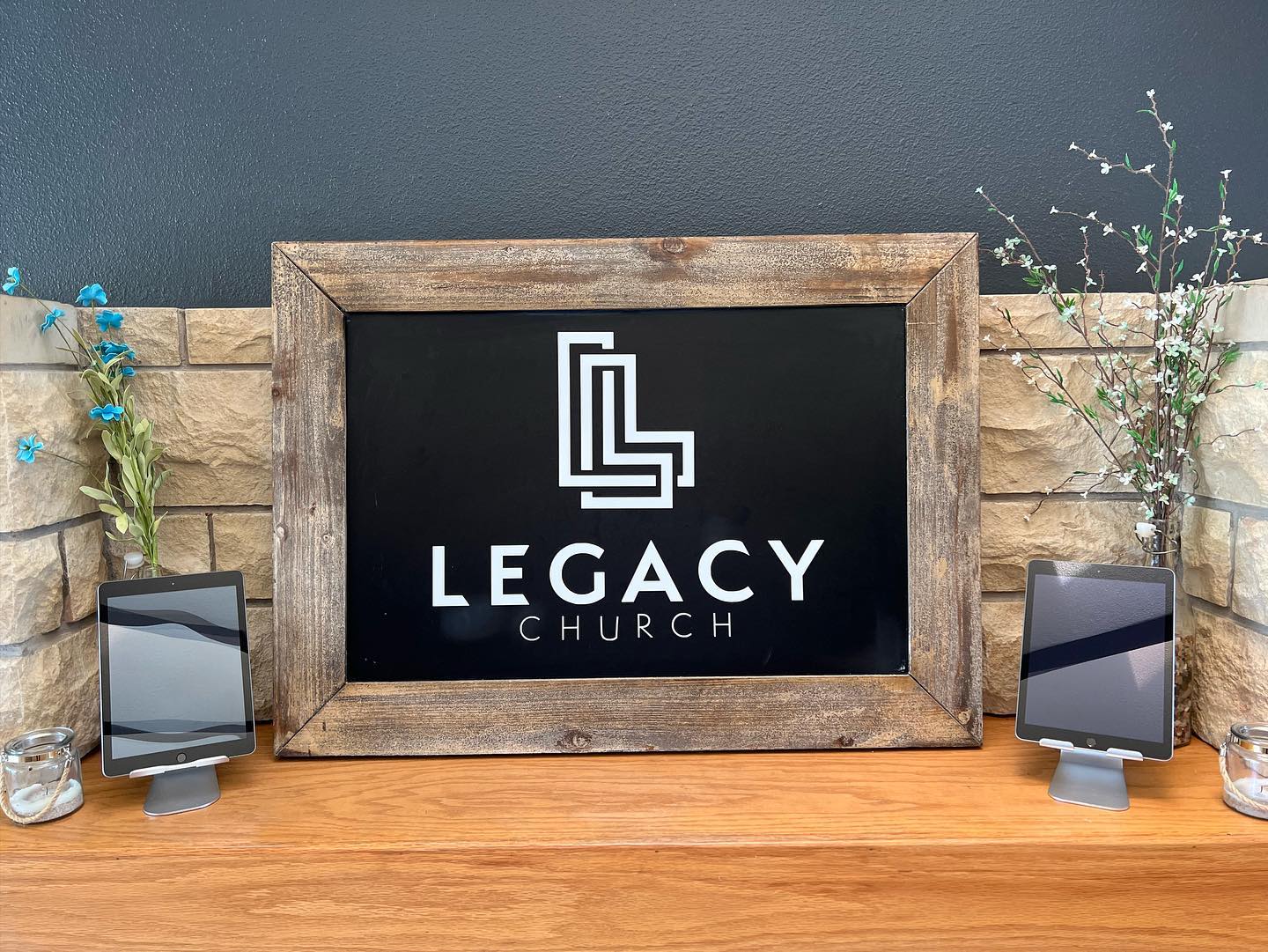
The Marshall fires on December 30, 2021, which destroyed nearly 1,000 homes and structures in the area, provided an unexpected opportunity for community service and ultimately led to a significant transformation. Boulder Valley Church of Christ became a coordination center for firefighters, first responders, and recovery efforts. During this crisis, two Boulder Valley members (Amy Jepsen and Cindy Kacynski) connected with Brian from Rock Creek Church, which was also actively supporting fire recovery efforts, distributing thousands of dollars to people directly affected by the fires.
As both churches mobilized to serve the community in need, their leadership began discussing a potential merger. Leaders from both congregations started to meet regularly, share meals, pray together, and discern what God wanted for their future. While there were several practical benefits to merging, prayer led both churches to conclude that God was moving and starting something new. Through these discussions, they discovered they had far more in common than differences in their beliefs and practices.
Following this period of prayer and discernment in early 2022, both churches held congregational votes on merging in April, each responding with a unanimous "yes." A committee composed of leaders from both churches was formed to determine the name of the merged congregation, and "Legacy Church" was chosen.
The new unified church was officially established in April of 2022 and held its first service on June 5, 2022, representing a new chapter while honoring Boulder Valley's nearly 150-year heritage and Rock Creek's 25-year legacy of community impact, outreach focus, and commitment to helping people discover and follow Jesus—values that continue to shape the ministry of Legacy Church today.
We truly believe we are better together, and God’s work in us and through us so far has proven that to be true.
Where we’re heading
Where we're headed
We believe we exist to create and leave a faith legacy in Boulder County and the surrounding area for generations to come by helping every person take their next step with Jesus Christ.
What this means for you
What does this mean for you? Most importantly, you're always welcome at Legacy Church. We're saving a seat for you. Wherever you're at in your faith journey, you'll always be accepted as part of the family.
Beyond that, if you're ready to plan your first visit, we’d love to tell you what to expect. Or if you'd like to get in touch with a person on our lead team directly, click the button below.
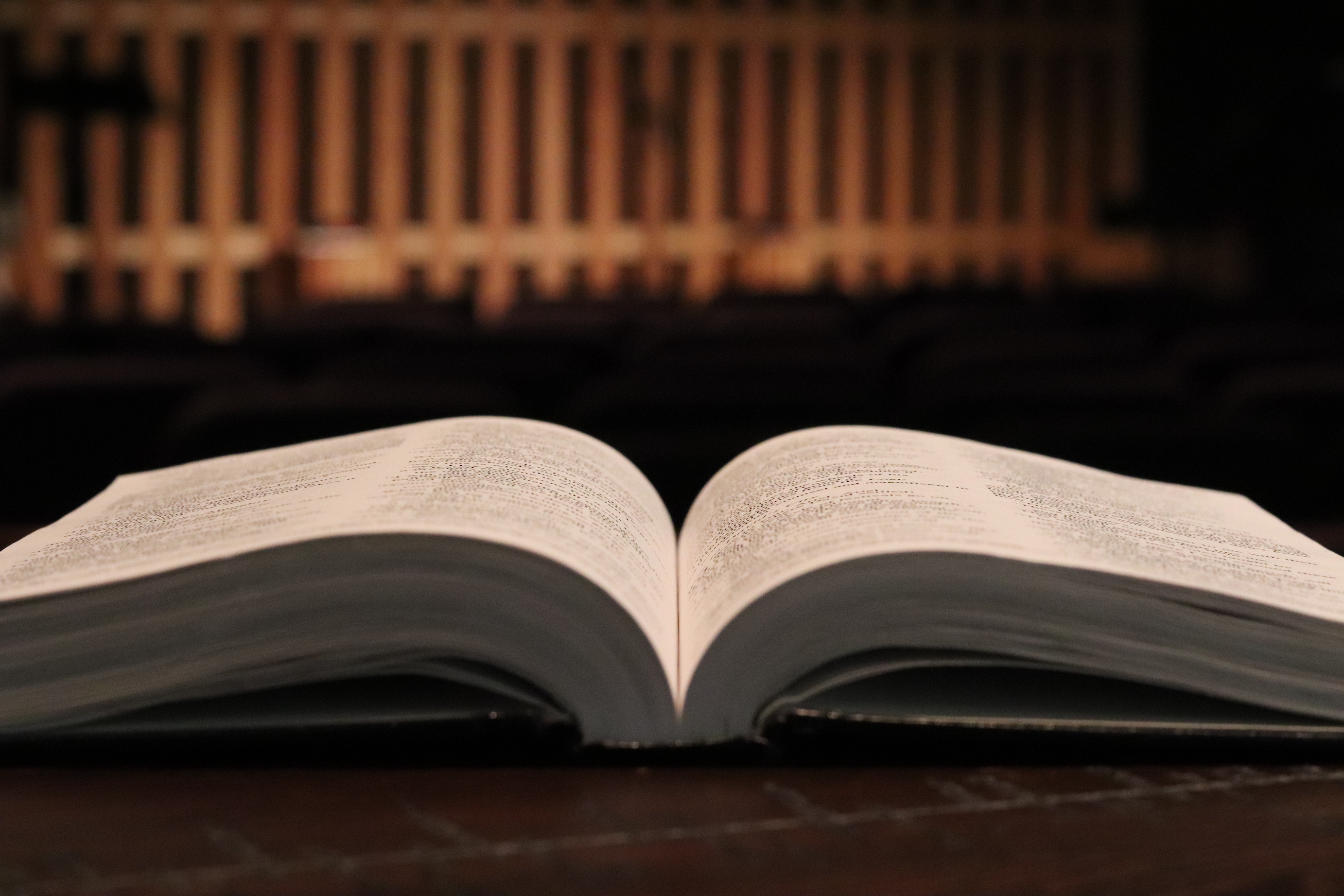
Our Beliefs Shape Everything
It's the way we think, act, speak, and love one another. It's in the way we raise our families, love our community, and seek the good of others before ourselves. Here are the beliefs that shape Legacy Church.
We believe that the Bible is the Word of God, fully inspired and without error in the original manuscripts, written under the inspiration of the Holy Spirit, and that it has supreme authority in all matters of faith and conduct.
We believe that there is one living and true God, eternally existing in three persons, that these are equal in every divine perfection, and that they execute distinct but harmonious offices in the work of creation, providence and redemption.
We believe in God the Father, an infinite, personal spirit, perfect in holiness, wisdom, power and love. We believe that He concerns Himself mercifully in the affairs of men, that He hears and answers prayers, and that He saves from sin and death all who come to Him through Jesus Christ.
We believe in Jesus Christ, God’s only begotten Son. We believe He was conceived by the Holy Spirit and was born of the virgin Mary. He lived a sinless life, performed miracles and His teachings are authoritative. We believe He died as our substitutionary atonement, was buried, was resurrected on the third day, and ascended into heaven. He perpetually intercedes for His people, and will return personally and visibly to earth.
We believe in the Holy Spirit who came forth from the Father and Son to convict the world of sin, righteousness, and judgment, and to regenerate, sanctify, and empower all who believe in Jesus Christ. We believe that the Holy Spirit indwells every believer in Christ, and that He is an abiding helper, teacher and guide.
We believe that all people are sinners by nature and by choice and are, therefore, under eternal judgment. We believe that those who repent of their sins, trust in Jesus Christ as their Lord and Savior, and receive His incredible forgiveness are rescued and transformed by the Holy Spirit.
We believe in the universal Church, a living spiritual body of which Christ is the head and all regenerated persons are members. We believe in the local church, consisting of a company of believers in Jesus Christ, baptized on a credible confession of faith, and associated for worship, work and fellowship. We believe that God has laid upon the members of the local church the primary task of glorifying God by proclaiming the Gospel of Jesus Christ to a lost world and making disciples of all nations.
We believe that the Lord Jesus Christ has committed two ordinances to the local church: baptism and communion. We believe the most impactful expression of Christian baptism is by immersion. Baptism is an outward expression of an inward transformation. We believe that Communion was instituted by Christ for the remembrance of His death. We believe that these two ordinances should be observed and administered by the church until the return of the Lord Jesus Christ.
We believe that local and global churches can best promote the message and person of Jesus Christ by cooperating with one another in a spirit of unity. We are all part of the body of Christ and have been given the Great Commission. We prioritize the Kingdom of God first before our personal programs and efforts.
We believe in the personal and visible return of the Lord Jesus Christ to earth and the establishment of His Kingdom. We believe in the resurrection of the body, the final judgment, eternal life in heaven for the believer and separation for those who do not believe and put their trust in Jesus Christ.
Got questions?
We know this is a brief description of our beliefs. If you want to know more, or have any questions about what we believe at Legacy Church you can get in touch with someone on our Leadership Team directly by clicking the button below. We'd love to talk with you more!


